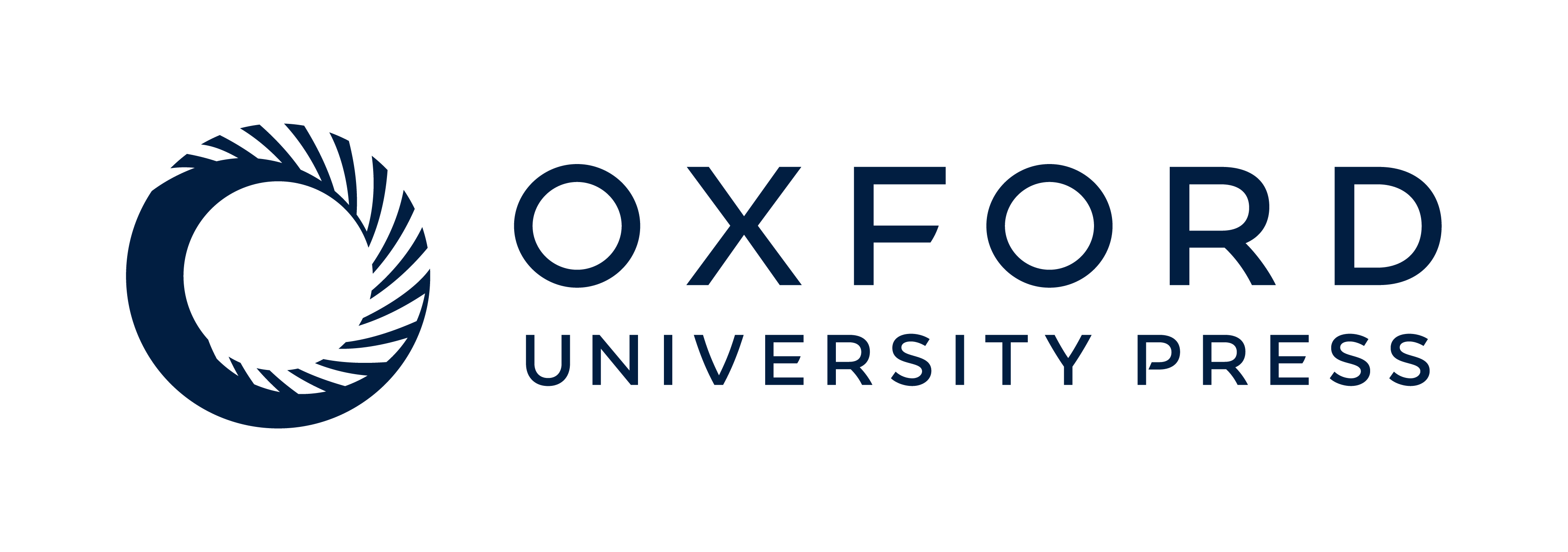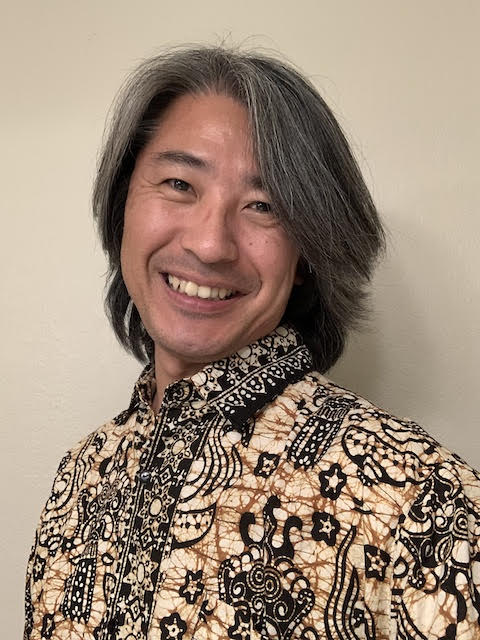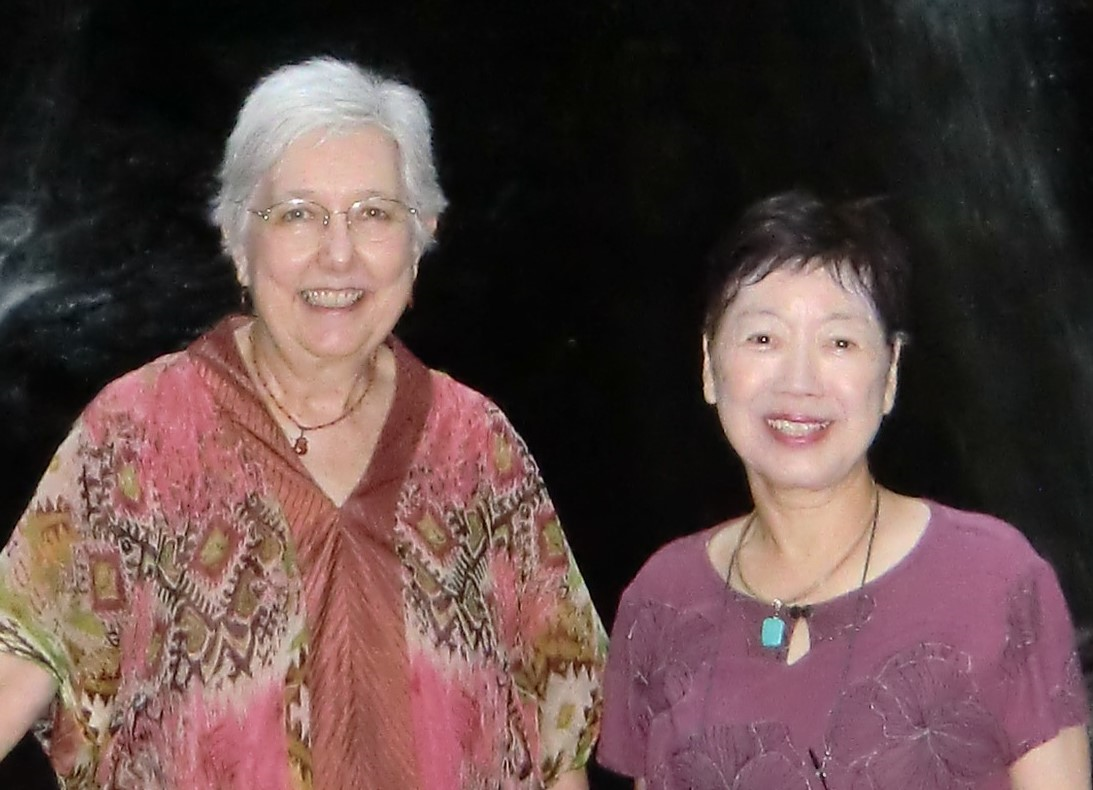
Important Links
Hiroshima JALT thanks our Gold Sponsor: Oxford University Press
Gold Sponsor
-

Gold Sponsor
Workshop Title:
Get students Speaking Anytime, Anywhere
Presenter: Rob Peacock
Are you teaching in-class, online, or a mixture of both? What will happen in the next few months? In an unpredictable situation, many educators are looking for agile ideas which can be applied to a variety of contexts. This workshop will focus on effective materials and techniques for developing students’ speaking skills which can be used for face-to-face, remote or hybrid learning and for independent study.
Silver Sponsors
-

Silver Sponsor
Presentation Title:
Explaining your Culture – This is Japan
Presenter: Simon Capper
Most textbooks that focus on intercultural communication tend to emphasize learning about the ‘other’ or ‘foreign’ culture. But intercultural communication is a two-way street and the importance of understanding and explaining our own culture is often overlooked. Language learners hoping to make international friends, to take part in homestay programmes, or to work in an international environment need to understand their own culture, and be able to explain it. This presentation introduces engaging and practical communication activities from This is Japan, a textbook that develops learners’ abilities to explain their own culture and lifestyle.
-

Silver Sponsor
Presentation Title:
10 Top Tips for Getting your Textbook Published
Presenter: Simon Capper
Getting your amazing classroom materials published as a textbook is an achievement that has the potential to transform not only your professional life, but also – more importantly – the learning experiences of students. This presentation draws from the journey of an author/co-author of more than a dozen commercially published textbooks. It provides (at least) 10 tips that cover various stages of the development and publication process, tips that could help to enhance success at every stage of the book-birthing process, from conception to delivery – getting your foot in the door; finding your ‘gap’; establishing your principles; designing a scope and sequence; understanding your market; the best ways to fail; ensuring quality – and (if you’re lucky!), the final push; money matters, and post-publication promotion.
-

Silver Sponsor
Presentation Title:
Xreading: now Extensive Reading AND Timed Reading
Presenter: Paul Goldberg
One of the primary goals of extensive reading is to improve students’ reading fluency. However, recent research has shown that when students do extensive reading along with dedicated speed reading activities, such as timed readings, the positive impact on their reading fluency is greater than doing either one of those activities in isolation (Shimono, 2018). Therefore, Xreading, the extensive reading platform with over 1500 graded readers, has added a speed reading component. This component includes 66 short reading passages at three levels of difficulty. Students are encouraged to read each passage as fast as they can, and their reading speed is calculated and then displayed on a graph. In this session, the presenter will demonstrate the speed reading component and explain how it has been integrated into the rest of the system.
Bronze Sponsor
-

Bronze Sponsor
Presentation Title:
Welcome to Cambridge One – The Brand New Online Learning Platform for All Age Groups
Presenter: Andrew Archer
Introducing the Cambridge One online learning platform - The all-in-one online English Language Learning platform for easy access to all teaching and learning materials across multiple devices including smartphones and tablets as well as on PCs for all age groups. This session will look at how Cambridge One lets you plan, present and assess student performance, all in the same place whilst also demonstrating the online learning components learners can fully access on their smartphones.
Plenary Speaker
-

Paul Kei Matsuda
14:00-15:20
Title: “Leveraging Identity in Writing Instruction”
Identity is an integral part of communication. Yet, in language and writing instruction, we tend to assume generic identity positions, such as the teacher, student, academic writers, and intelligent bystander. The goal of this presentation is to complicate the notion of identity by discussing how identity plays a role in the construction, negotiation, and use of discourse—especially written discourse. We will then discuss how the awareness of and strategies for constructing and negotiating identity can enhance students’ ability to engage with language and writing activities. We will also consider the role of teacher identity and how it can facilitate instructional practices.
Paul Kei Matsuda is Professor of English and Director of Second Language Writing at Arizona State University, USA, where he works closely with doctoral students specializing in second language writing. He has published widely on issues related to language, writing, and identity, and his definition of voice as identity in written discourse has achieved a canonical status. Paul is Founding Chair of the Symposium on Second Language Writing and Editor of the Parlor Press Series on Second Language Writing. Outside the academia, he enjoys teaching scuba diving and coaching motorcycle riding.
Keynote Speakers
-

Carol Rinnert & Hiroe Kobayashi
11:00-12:00
Title: "Developing Writer Identity: Self-representation in L2 English Text"
Writers as agents project their identity in their texts in a variety of ways. The most direct way is by referring to themselves explicitly in their texts (e.g., “I/we,” “the author/researcher”). In this presentation, we share our recent research on self-representation in English and Japanese argumentation essays. By comparing the essays written by novice, intermediate, and advanced L1/L2 writers, we found a complex picture. Our analysis reveals that development of self-representation by L2 writers moves in a gradual, non-linear way from personal to more objective, nuanced, and implicit. The presentation focuses on changing uses of first-person pronouns (“I/my/we”) and opinion qualifiers (e.g., “I think”) in L2 English essays by Japanese writers, as compared with essays on the same topics by North American L1 English writers. The findings suggest strategies Japanese writers at various levels can adopt to represent themselves more confidently and appropriately in their L2 English writing.
Carol Rinnert, Professor Emeritus, Hiroshima City University, has taught English writing and linguistics in the US, Yemen, and Japan. Her research interests include development of academic writing across languages and intercultural pragmatics. She has published articles, co-authored with Hiroe Kobayashi, in international journals including The Modern Language Journal and Journal of Pragmatics.
Hiroe Kobayashi, Professor Emeritus, Hiroshima University, has taught advanced English writing and pragmatics. Her current research interest focuses on development of multilingual writing ability, by analyzing L1/L2 textual features and writing processes. She has published articles, co-authored with Carol Rinnert, in international journals including Language Learning and Journal of Second Language Writing.